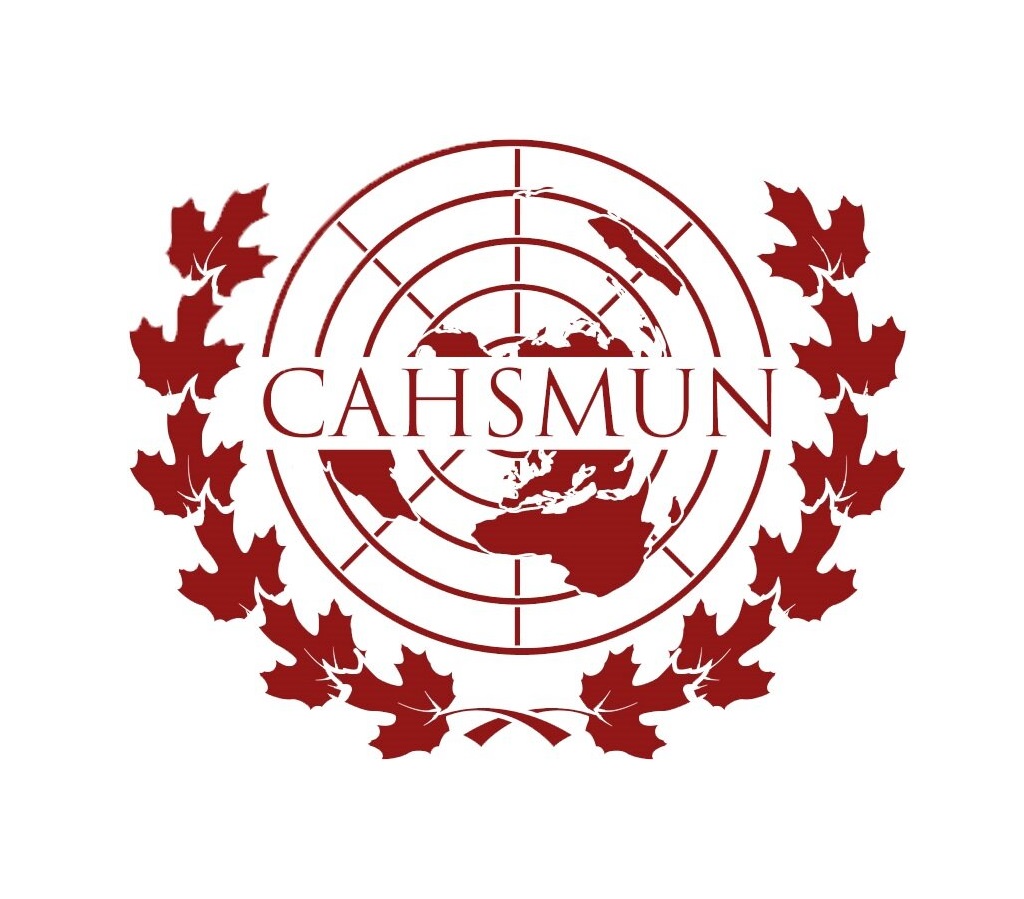By Dylan Duan, CNN
2 minute read
Updated 11:41 PM EDT, Fri April 13, 2024
(CNN) – Recently, NATO was called for a conference regarding the issue of addressing the Major Non-NATO Allies (MNNA). This topic was first chosen as delegates believed that defining NATO obligations to partners is an important aspect of countering authoritarian aggression.
Following heated discussions, three blocs have emerged: the US, UK, and Canadian blocs. Each group have differing ideologies ranging from the complete abolition of NATO to utilizing the full support of each member state.
NATO memebers are concerned that this division will impact the ability of the organization to reach a successful resolution. The delegate of the United States stated:
“We must put the protection of liberty and democracy above inter-member squabbles. This isn’t a game of politics, this is an opportunity for the organization to project power globally to fully counter aggression by our adversaries. We must put aside our isolationist sentiments and do what’s best for the free world,”
This divide between the fromer allies of the US, UK, and Canada has prompted concerns from other NATO members.
This division comes when unity is most needed; with Russian and Chinese expansion looming to pounce, and it’s up to the delegates to prove the defence organization’s capabilities to the world.
Despite these examples of discord, many members support the implementation of individual contracting with MNNAs. This means that high-contributing nations will receive greater alliance support while low-contributing nations will receive lesser alliance support. In terms of this, the US stated:
“This is a great example of what NATO is capable of; democratic discourse on issues while reaching a consensus. Despite the previous challenges, this is a step in the right direction and the US is confident that a successful resolution will be achieved.”
